In this podcast, six panellists draw on their research and professional and personal experience to discuss how Southern scholars face career, monetary, and emotional penalties for what is an accident of birth, to which those who enjoy passport privilege are often oblivious
As vaccine passports become a requirement for international travel and mobility, and developed nations purchase vaccines from countries in the Global South, but refuse to admit their vaccinated citizens into their borders, discrimination based on the passport one holds and the country of origin is rife.
“it reflects a wider sense of UK immigration and the visa system as hostile to immigrants, including international students from specifically poor parts of the world.”
Johanna L Waters
In July 2021, the LSE Higher Education Blog convened a panel discussion on passport privilege in academia. Nihan Albayrak-Aydemir (co-chair) and Lee-Ann Sequeira (co-chair) invited four experts in knowledge production and circulation, student mobility, student immigration, and global healthcare – Cláudio Pinheiro, Johanna L Waters, Ross Porter, and Ulrick Sidney – to discuss these questions:
- What effect does the current regime of UK passport and visa protocols have on student migrants – international scholars coming to the UK to study/work and British scholars going abroad? (01:38)
- How will vaccine passports, introduced as a result of COVID-19, increase passport/visa privilege, especially within academia? (09:14)
- Do you think universities are contributing to making immigration and visa processes a more fraught experience for international students and staff, or a more equitable one? (14:42)
- Have visa and immigration protocols in high-income countries commodified diversity further? Is it possible to decolonise without dismantling colonial funding and immigration practices? (21:57)
- Most of us are successful scholars from the Global South who are living/working or have lived/worked outside the Global South. Sceptics would point to us, to our success, as examples that passport privilege does not exist, or at least does not have a significant impact on careers. Would you agree? (29:55)
- When you think of the people you work with, do you think those with passport privilege are aware of their privilege? (39:25)
A brief profile of each of the panellists is available at the end of this post.
“Universities are not just protecting themselves, they are protecting the rights, or the limited rights, of their international students.”
Ross Porter
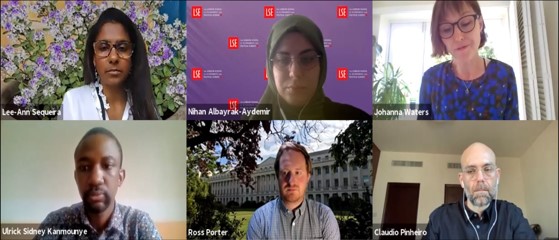
“This is, I believe, a money machine for the flow of money flowing from the South to the North. … it's normally at the expenses of the South actually. The flow of money is still reproducing a colonial framework through which the circulation of people is understood.”
Cláudio Pinheiro
“[International education is] a £25 billion market, the Premier League is like £8 billion. So if … it's really about economics, it would make sense that things should be easier for international students than the professional football player”
Ulrick Sidney
The panellists are:
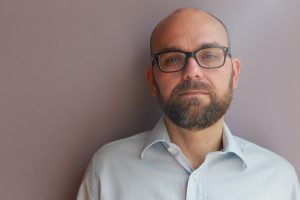 Cláudio Pinheiro is Professor of Asian and African Studies and counsellor for South-South Cooperation at Rio de Janeiro Federal University; chairman of Sephis Programme, Nederlands; and Visiting Professor Chair for Critical Studies in Higher Education Transformation at Nelson Mandela University, South Africa. His research agenda includes knowledge production and circulation, and structures of power, slavery, and forms of dependency, both observing the impact and durable effects of colonialism in the institutionalisation of power in Western and non-Western societies. Recent publications and co-publications include Anthropology with Southern Attitude, A Historical Sociology of Power, and Pandemics, Social Sciences and Inequality of Time.
Cláudio Pinheiro is Professor of Asian and African Studies and counsellor for South-South Cooperation at Rio de Janeiro Federal University; chairman of Sephis Programme, Nederlands; and Visiting Professor Chair for Critical Studies in Higher Education Transformation at Nelson Mandela University, South Africa. His research agenda includes knowledge production and circulation, and structures of power, slavery, and forms of dependency, both observing the impact and durable effects of colonialism in the institutionalisation of power in Western and non-Western societies. Recent publications and co-publications include Anthropology with Southern Attitude, A Historical Sociology of Power, and Pandemics, Social Sciences and Inequality of Time.
 Johanna L. Waters is Professor of Human Geography and co-director of the Migration Research Unit at University College London. She has worked on aspects of transnational families, education, and migration, with a particular interest in East Asia. She is presently co-editing a book on Migration and the Family and is looking forward to the publication of Student Migrants and Contemporary Educational Mobilities this coming September.
Johanna L. Waters is Professor of Human Geography and co-director of the Migration Research Unit at University College London. She has worked on aspects of transnational families, education, and migration, with a particular interest in East Asia. She is presently co-editing a book on Migration and the Family and is looking forward to the publication of Student Migrants and Contemporary Educational Mobilities this coming September.
 Ross Porter is the associate director for visa compliance and financial aid at the London Business School, and also an independent consultant specialising in immigration compliance. He has been working in immigration compliance for over 10 years, at a broad range of institutions, since the original points-based system was introduced in 2009. Ross is responsible for ensuring that London Business School fulfils its duties as a Home Office registered sponsor, interpreting the legislation and ensuring that the necessary controls are in place so that the school can offer visas to international students and staff.
Ross Porter is the associate director for visa compliance and financial aid at the London Business School, and also an independent consultant specialising in immigration compliance. He has been working in immigration compliance for over 10 years, at a broad range of institutions, since the original points-based system was introduced in 2009. Ross is responsible for ensuring that London Business School fulfils its duties as a Home Office registered sponsor, interpreting the legislation and ensuring that the necessary controls are in place so that the school can offer visas to international students and staff.
 Ulrick Sidney is a Global Surgery Fellow at Operation Smile. He is the founding president of the Association of Future African Neurosurgeons and 2019-20 Global Neurosurgery research associate at Harvard Medical School. He serves on the Secretariat team of the World Federation of Neurosurgical Societies’ Global Neurosurgery Committee.
Ulrick Sidney is a Global Surgery Fellow at Operation Smile. He is the founding president of the Association of Future African Neurosurgeons and 2019-20 Global Neurosurgery research associate at Harvard Medical School. He serves on the Secretariat team of the World Federation of Neurosurgical Societies’ Global Neurosurgery Committee.
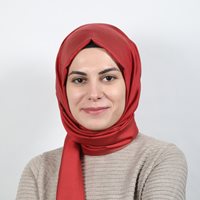 Nihan Albayrak-Aydemir (co-chair) recently received her PhD in Social Psychology at the LSE. Her work looks at social identity dynamics and intergroup relations underlying prosocial attitudes and behaviours within the contexts of global emergencies, migration, or higher education. She is currently developing a new research agenda on the ways in which unequal power structures and poor research and teaching practices influence the production of scientific knowledge and practices as well as the public’s response to scientific and technological developments. Recent publications or co-publications include Measuring global bystander intervention and exploring its antecedents for helping refugees, A decade of theory as reflected in Psychological Science(2009-22019), and The hidden costs of being a scholar from the Global South.
Nihan Albayrak-Aydemir (co-chair) recently received her PhD in Social Psychology at the LSE. Her work looks at social identity dynamics and intergroup relations underlying prosocial attitudes and behaviours within the contexts of global emergencies, migration, or higher education. She is currently developing a new research agenda on the ways in which unequal power structures and poor research and teaching practices influence the production of scientific knowledge and practices as well as the public’s response to scientific and technological developments. Recent publications or co-publications include Measuring global bystander intervention and exploring its antecedents for helping refugees, A decade of theory as reflected in Psychological Science(2009-22019), and The hidden costs of being a scholar from the Global South.
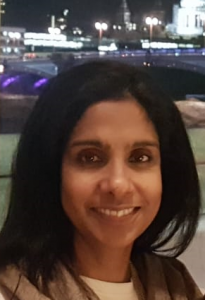 Lee-Ann Sequeira (co-chair) is an academic developer, Eden Centre for Education Enhancement and the editor of the LSE Higher Education Blog. In her work, she takes a critical, interdisciplinary approach and is committed to fostering all forms of diversity (viewpoint, cultural etc.). Her recent publications are The problem with silent students – it’s us, not them and Academic developers should be critical in the culture wars.
Lee-Ann Sequeira (co-chair) is an academic developer, Eden Centre for Education Enhancement and the editor of the LSE Higher Education Blog. In her work, she takes a critical, interdisciplinary approach and is committed to fostering all forms of diversity (viewpoint, cultural etc.). Her recent publications are The problem with silent students – it’s us, not them and Academic developers should be critical in the culture wars.
________________________________________________________________________________________________
This post is opinion-based and does not reflect the views of the London School of Economics and Political Science or any of its constituent departments and divisions.
________________________________________________________________________________________________
Image: Photo by Annie Spratt on Unsplash


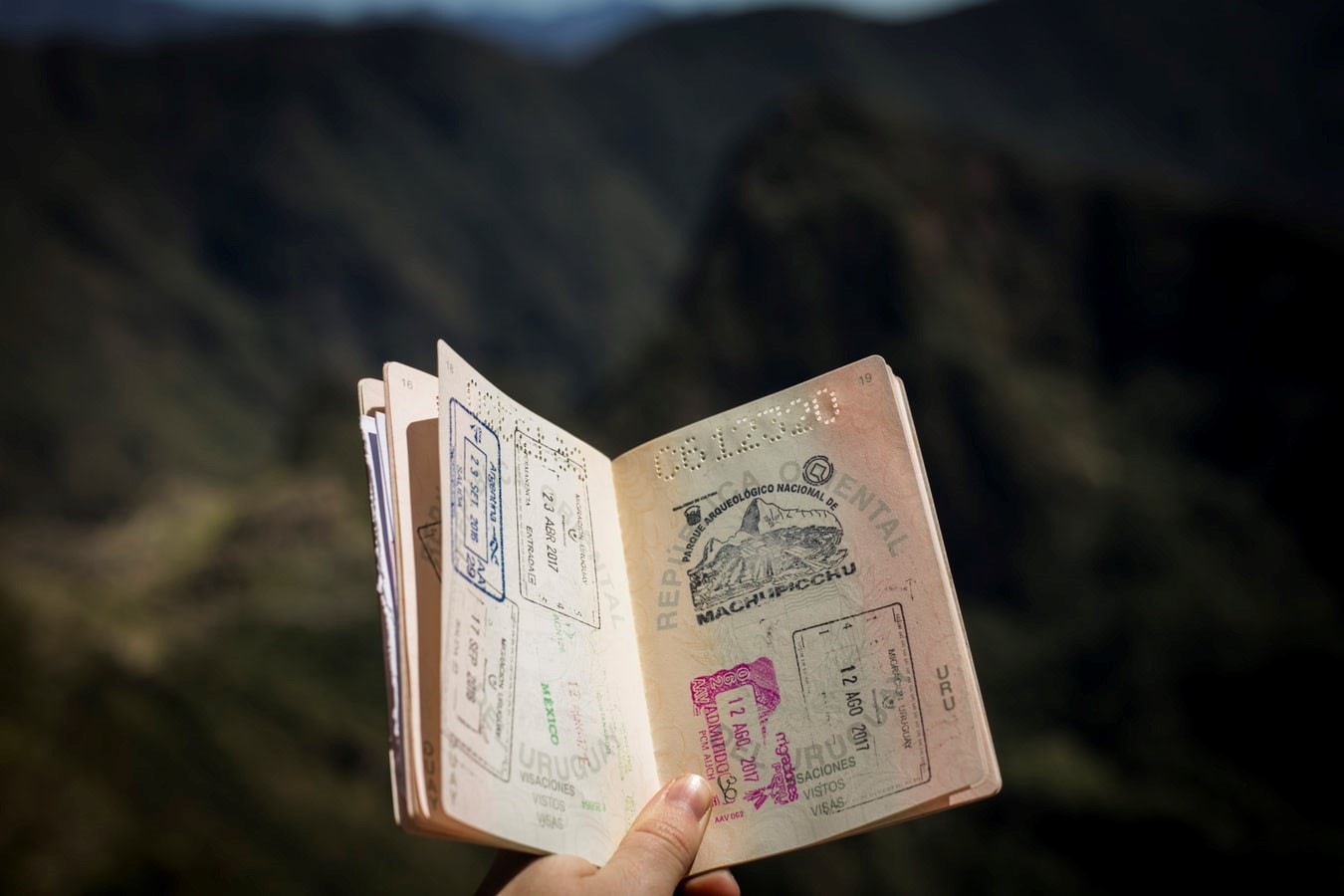

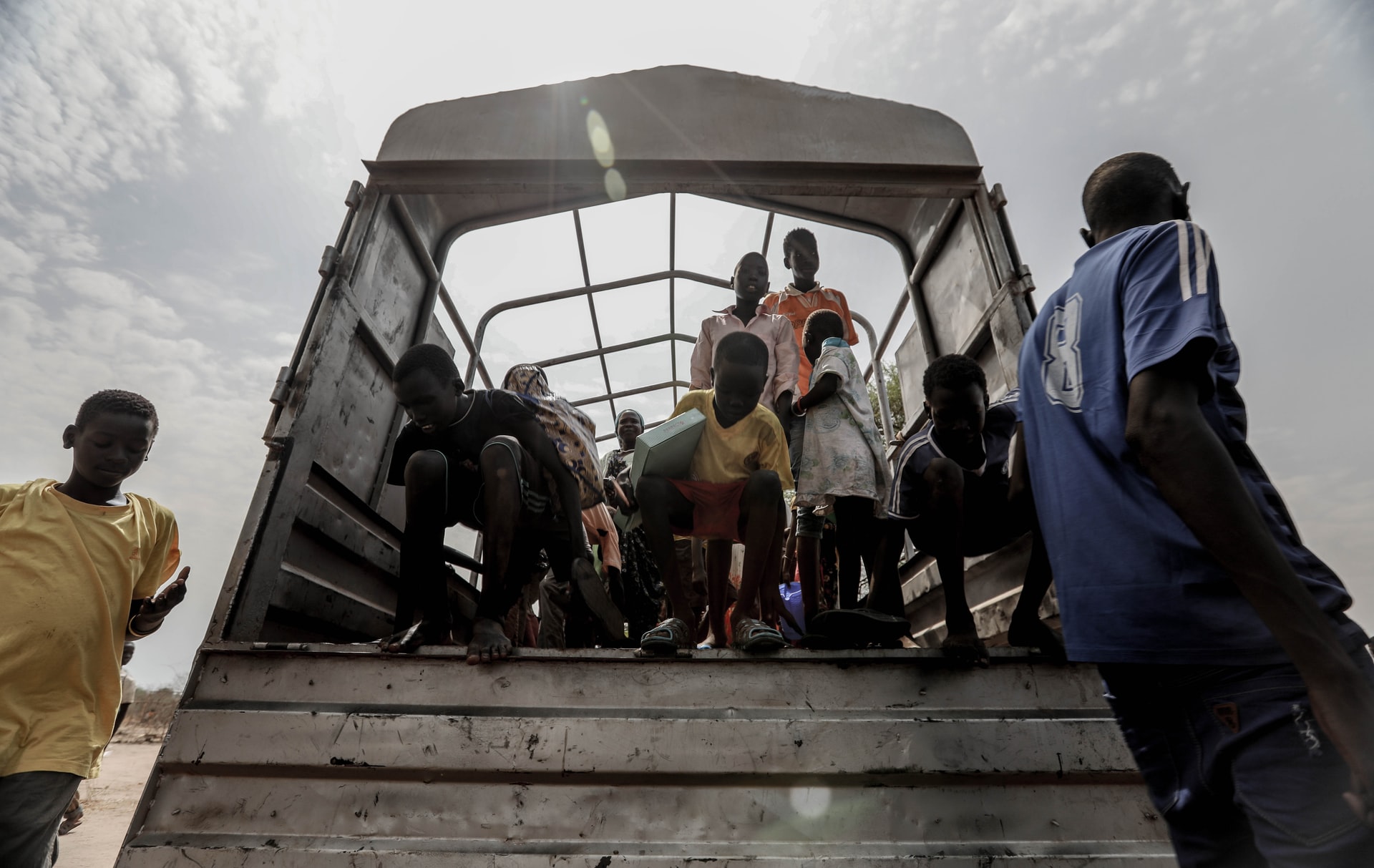
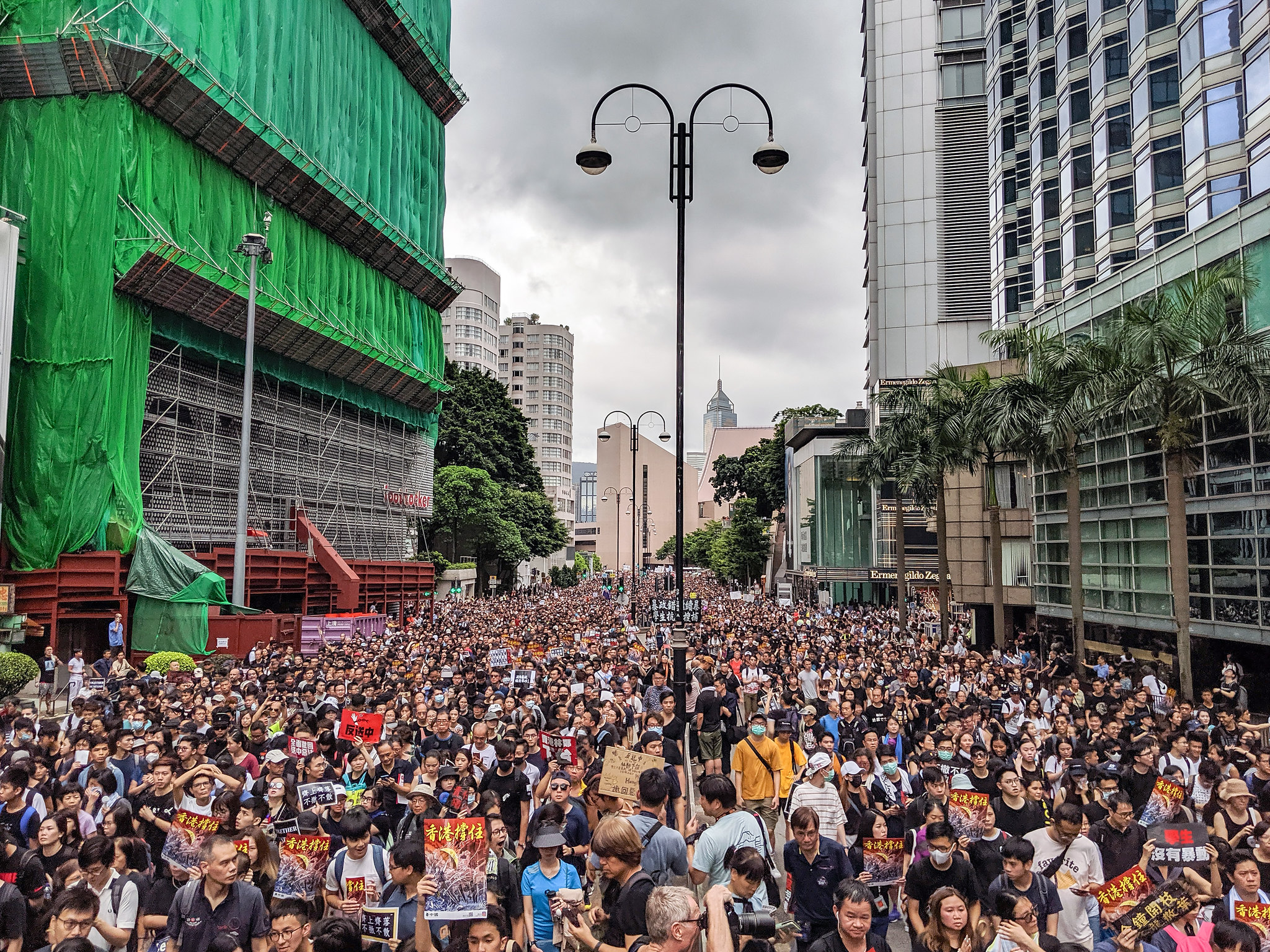
1 Comments